Publications
Articles, publications, books, tools and multimedia features from the U.S. Institute of Peace provide the latest news, analysis, research findings, practitioner guides and reports, all related to the conflict zones and issues that are at the center of the Institute’s work to prevent and reduce violent conflict.
Question And Answer
Blinken’s China Trip Shows Both Sides Want to Stabilize Ties
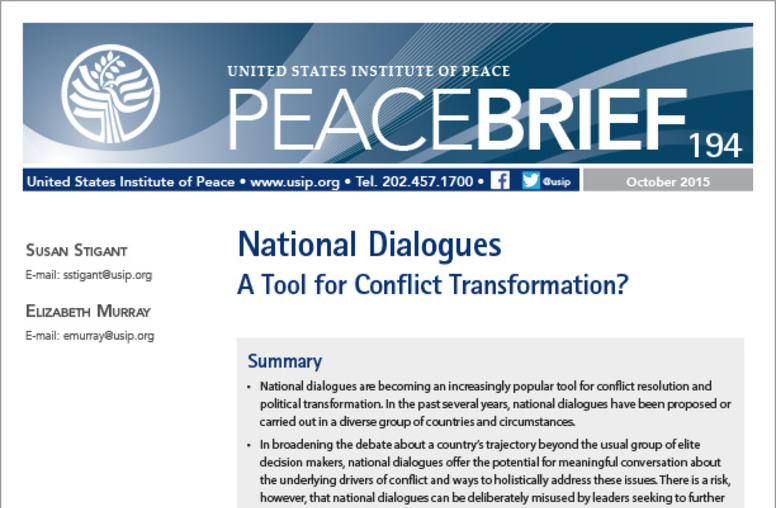
National Dialogues: A Tool for Conflict Transformation?
National dialogue is an increasingly popular tool for conflict resolution and political transformation. It can broaden debate regarding a country’s trajectory beyond the usual elite decision makers; however, it can also be misused and manipulated by leaders to consolidate their power. This brief includes principles to strengthen national dialogue processes and considerations for international actors seeking to support these processes.
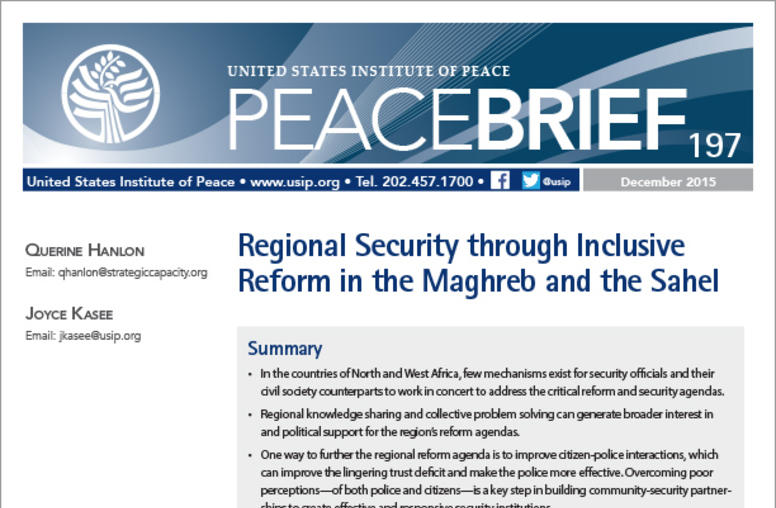
Regional Security through Inclusive Reform in the Maghreb and the Sahel
Throughout the Maghreb and the Sahel, governments are struggling to manage a security environment fundamentally transformed by the Arab Spring. Within this region, the efforts of governments to secure their territories and civil society organizations to create accountable and transparent security institutions have proceeded almost wholly divorced from each other. This Peace Brief shares key insights from the engagement between official and civil society actors both within and across borders t...
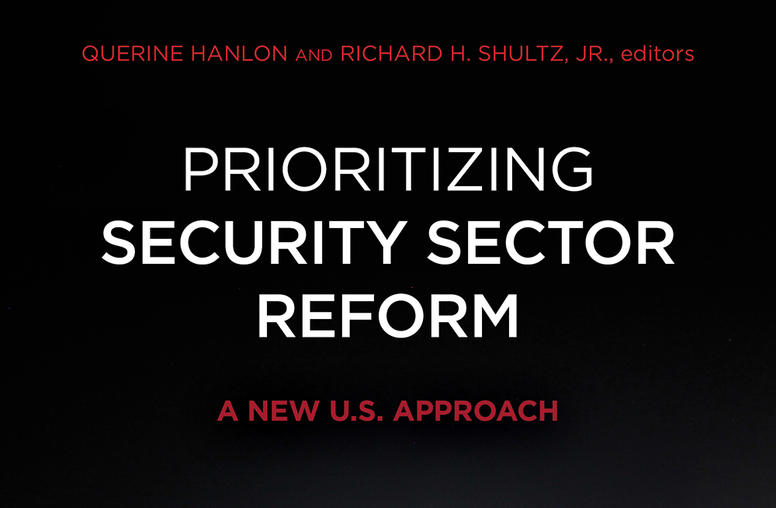
Prioritizing Security Sector Reform
Prioritizing Security Sector Reform: A New U.S. Approach argues that security sector reform (SSR) should be at the core of a new U.S. policy to strengthen the security sector capacity of countries where U.S. interests are at stake. As the United States withdraws from a more interventionist policy, it cannot wholly ignore the growing disorder in fragile environments around the globe. In place of large, boots-on-the-ground interventions relying on expensive train and equip programs with only fl...
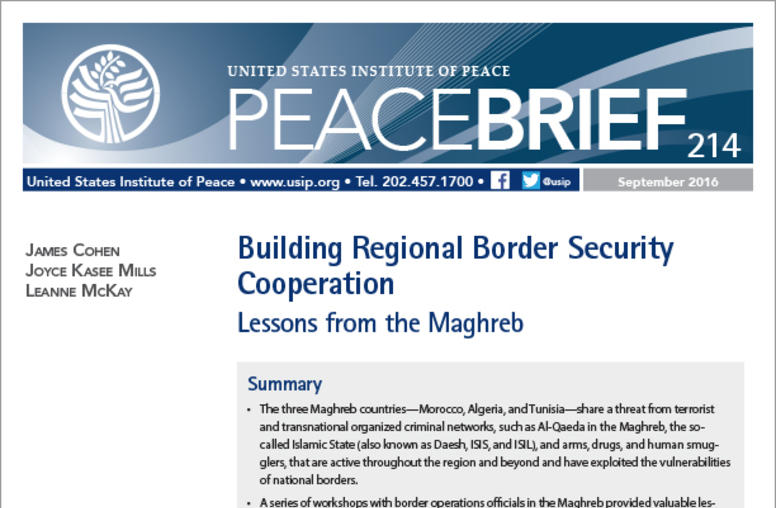
Building Regional Border Security Cooperation: Lessons from the Maghreb
The Maghreb countries of Morocco, Algeria, and Tunisia face threats to their borders from transnational illicit networks, such as terrorist groups and criminal organizations. To address these threats, USIP convened operational border officials from the three countries through a series of workshops in spring 2016. This brief highlights the key lessons that emerged from this work: addressing border security requires understanding the underlying drivers of insecurity; border security requires st...
For a Victory Amid Crisis, Offer Consistent, Smart Help to Tunisia
As the United States and the international community grapple with interlocking crises in the Middle East and nearby parts of Africa and Asia, we must reserve a special priority for helping Tunisia achieve a strategic victory. Its success could model for the region how to build stability and prosperity through inclusive governance and nonviolence.
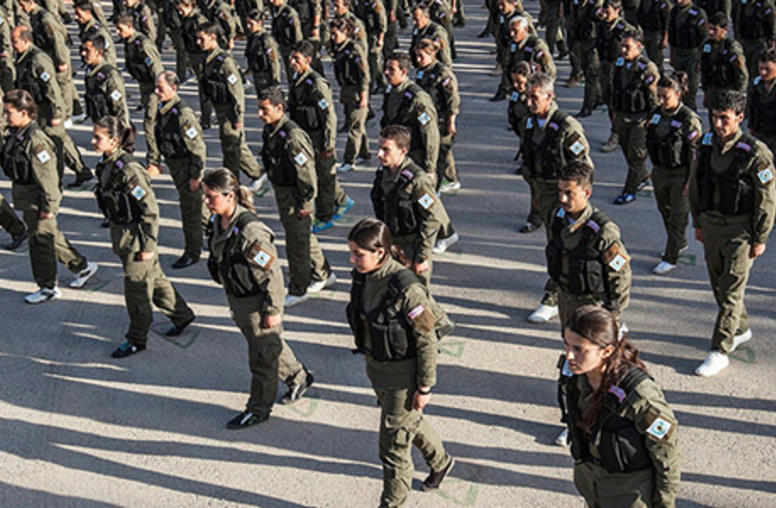
Middle East Security Suffers for Absence of Women
In the violent conflict tearing across the Middle East and North Africa, fully half of the pieces needed to complete the security puzzle may be missing almost entirely: women. As extremist groups and military forces parry with the weapons of war and politics, the pivotal role that women could play in restoring peace and security has largely been cast aside, as old-school thinking perpetuates the idea that gender equality is a problem for another day, according to experts and a new study just published by USIP.
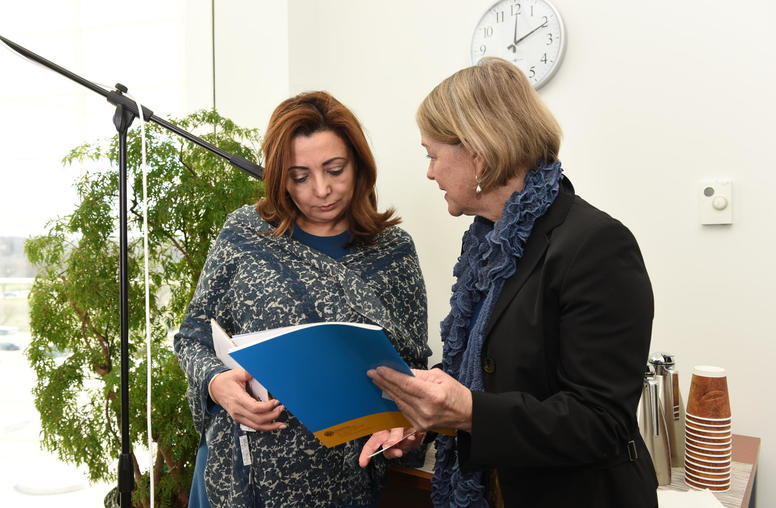
Group Leader in Nobel-Winning Quartet: Tunisia Needs Education Review for Jobs
The president of one of the four civil society organizations in the Nobel Prize-winning Tunisian National Dialogue Quartet said her country will need to make changes in its education system to reduce unemployment and adapt to an evolving economy. In a videotaped interview during a visit to USIP, Ouided Bouchamaoui talked about some of the many issues facing Tunisia during its still-precarious transition and about the status of women in society and the economy.
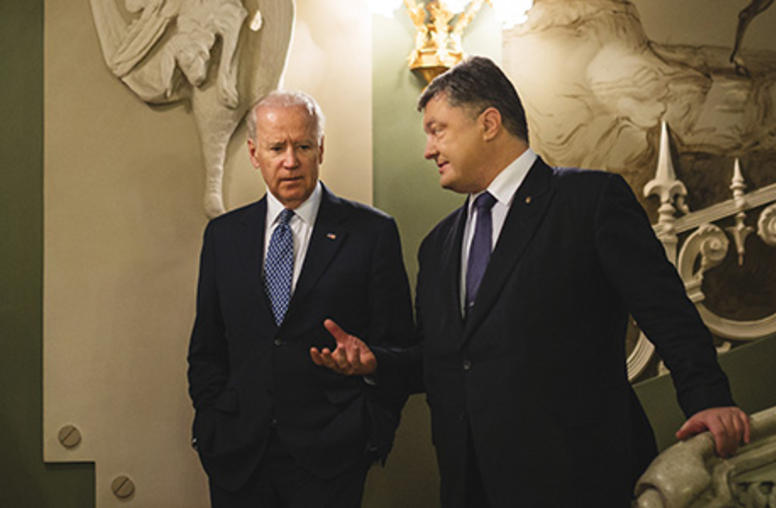
Tunisia and Ukraine: Linchpins of U.S. interests
The Obama administration’s announcement this week that it plans to quadruple military resources devoted to deterring Russia in Europe highlights how seriously U.S. and NATO leaders view the threat posed by Russia. Ukraine is struggling to save its young democracy and stave off public disaffection with the new government’s valiant but halting reforms, even as Russia continues its campaign of military and economic goading.
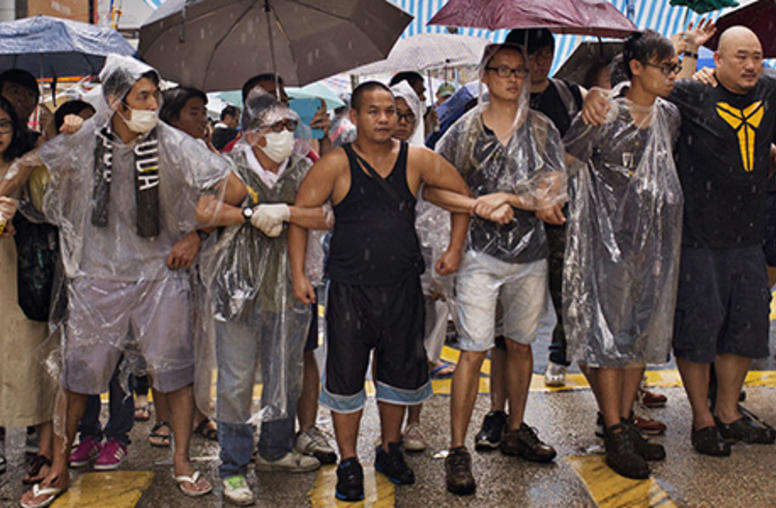
From Conflict in the Streets to Peace in the Society
From Hong Kong’s boulevards and Nairobi’s Uhuru Park to the maidans of Kyiv, Cairo and Tunis, millions of people have massed in recent years to demand greater democracy and transparency from their governments. Dozens of similar campaigns have been fought more quietly. A quarter-century of worldwide growth in such non-violent civil resistance movements has sharpened a question both for their activists and for practitioners of traditional peacebuilding: How can such resistance movements and conflict-resolution work be combined to build more stable, democratic societies?
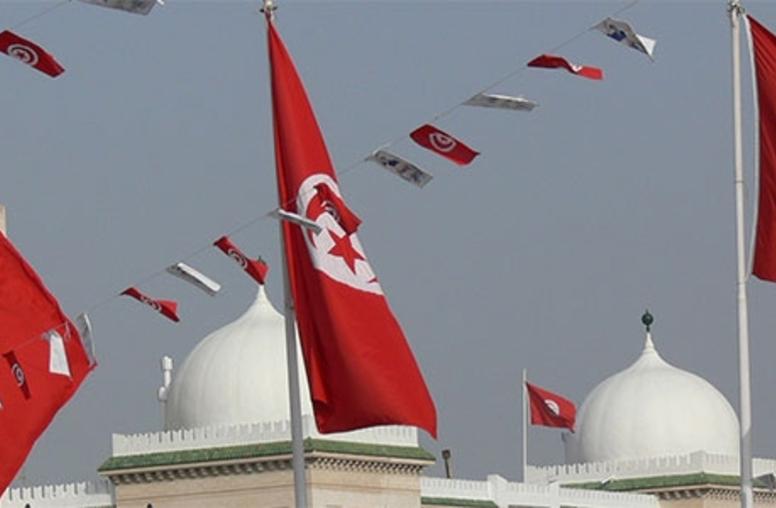
In Tunisia, Economic Crisis Threatens Political Progress
The relative stability of Tunisia’s politics—achieved through a “national dialogue” whose mediators won the Nobel Peace Prize—is largely holding. Within a broad, governing coalition, Islamists, secularists, trade unions and employers all jockey for advantage in the usual democratic ways. But beneath the comparative calm, an economic crisis threatens the political gains of the only country building a democracy from the Arab Spring uprisings of 2011.